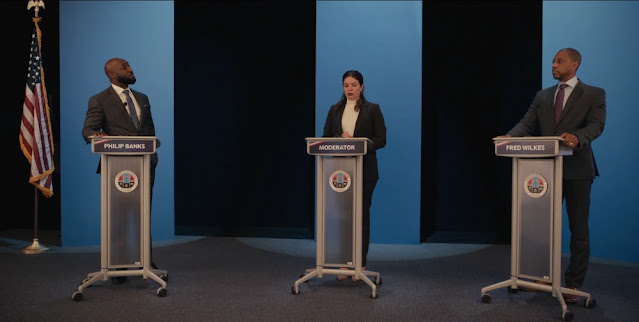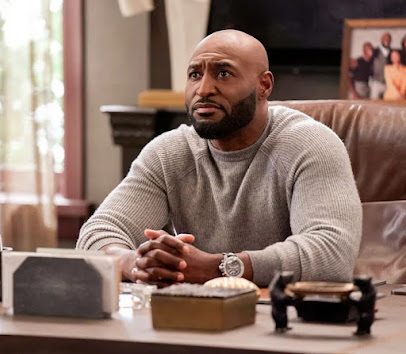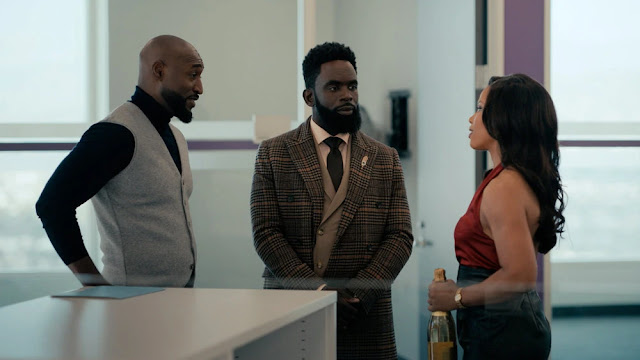Uncle Phil & Cognitive Evaluation Theory
Cognitive Evaluation Theory (CET) is a psychological theory within the framework of Self-Determination Theory (SDT) that focuses on the impact of external factors, particularly rewards and feedback, on an individual's intrinsic motivation. CET is concerned with how these external factors can influence an individual's sense of autonomy and competence, two critical components of intrinsic motivation.
Cognitive Evaluation Theory is evident in Uncle Phil's character as his values, emotions, and the alignment of his values and goals play a significant role in fostering his intrinsic motivation. The series showcases how his character's emotional landscape is intricately tied to his values, providing insight into the cognitive processes that drive his motivation and behavior. Uncle Phil's character embodies the idea that competence, autonomy, and positive relationships aligned with one's values and goals can be powerful sources of intrinsic motivation. Conversely, the absence of these elements, or when they are misaligned, can lead to a lack of motivation and emotional complexities. His character's evolution over the course of the series also highlights how intrinsic motivation can develop and change based on life experiences and the alignment of these elements.
Cognitive Evaluation Theory (CET) is a psychological theory within the framework of Self-Determination Theory (SDT) that focuses on the impact of external factors, particularly rewards and feedback, on an individual's intrinsic motivation. CET is concerned with how these external factors can influence an individual's sense of autonomy and competence, two critical components of intrinsic motivation.
Competence:
Uncle Phil's competence as a lawyer and his commitment to maintaining high professional standards align with his values and goals. His legal career contributes to his family's financial stability, which is crucial for their well-being. This competence in his profession provides him with a sense of achievement and professional satisfaction, reinforcing his intrinsic motivation to excel in his career. If Uncle Phil lacked competence in his legal profession or struggled to uphold high professional standards, it could lead to a lack of motivation. He might feel frustrated and unfulfilled in his career, which would hinder his ability to provide for his family and align with his core values.
Autonomy:
Uncle Phil's autonomy in making decisions that align with his vision for his family's success is a key driver of his intrinsic motivation. He has the freedom to choose how to guide his family toward prosperity, making decisions that align with his values. This autonomy reinforces his sense of purpose and commitment to family success. If Uncle Phil lacked autonomy, perhaps due to external pressures or circumstances that limited his choices, his motivation to achieve his family's success might be compromised.
Uncle Phil's positive relationships with his family members, particularly his wife and children, play a pivotal role in his intrinsic motivation. These relationships foster emotions of love, care, and a profound sense of responsibility. His attachment to Will, initially skeptical but evolving into a fatherly role, demonstrates how positive relationships contribute to his intrinsic motivation to support and mentor young individuals. In the absence of positive relationships, Uncle Phil's motivation may wane. If he experienced strained relationships with his family members or lacked the warmth and attachment he eventually developed with Will, it could lead to a lack of motivation and a sense of emotional emptiness. For example, Will faced challenges growing up without a father, but he expresses gratitude to Uncle Phil for stepping in and providing him with a second chance. Nevertheless, there comes a moment when Will's biological father, Lou, unexpectedly reenters the picture. Lou claims to have changed, but Uncle Phil remains skeptical, suspecting that Lou may have ulterior motives. Eventually, Phil agrees to discuss the possibility of letting Lou see Will with Vivian, his wife. However, before they can reach a final decision, Will confronts them after learning the truth about his father from a report. He discovers that Lou didn't abandon him but was actually incarcerated for a crime. Phil explains that their actions were motivated by their desire to shield Will from his volatile father, but he emphasizes that the decision to reconnect with Lou is ultimately Will's choice. Will decides to meet his father, but the encounter does not go well, leading Phil to intervene. As a result of the conflict, Will feels betrayed by his family and holds Uncle Phil responsible for offering false hope. Despite believing he acted in Will's best interest, Phil apologizes to him for feeling let down, although he stands by his decision to protect Will from Lou.
In addition, Uncle Phil's character aligns with CET in various ways:
His values and goals are closely intertwined, reflecting the theory's emphasis on the alignment of values and goals as a source of intrinsic motivation.
The positive emotions and satisfaction he derives from pursuing goals in line with his values are in line with CET's idea that intrinsic motivation is enhanced when actions align with values and when individuals feel a degree of autonomy and competence.
The emotional complexity he experiences in challenging situations aligns with CET's recognition that intrinsic motivation isn't solely about positive emotions but also involves navigating complex emotional terrain when values are tested.
The evolution of his relationships, particularly with Will, demonstrates how positive relationships can influence intrinsic motivation, consistent with CET's principles.





Another great analysis!! I can clearly understand who Uncle Phil's intrinsic motivation is supported by elements of autonomy, control, and positive relationships! One of the things I especially appreciate is how you weave his emotions into your analysis.
ReplyDelete